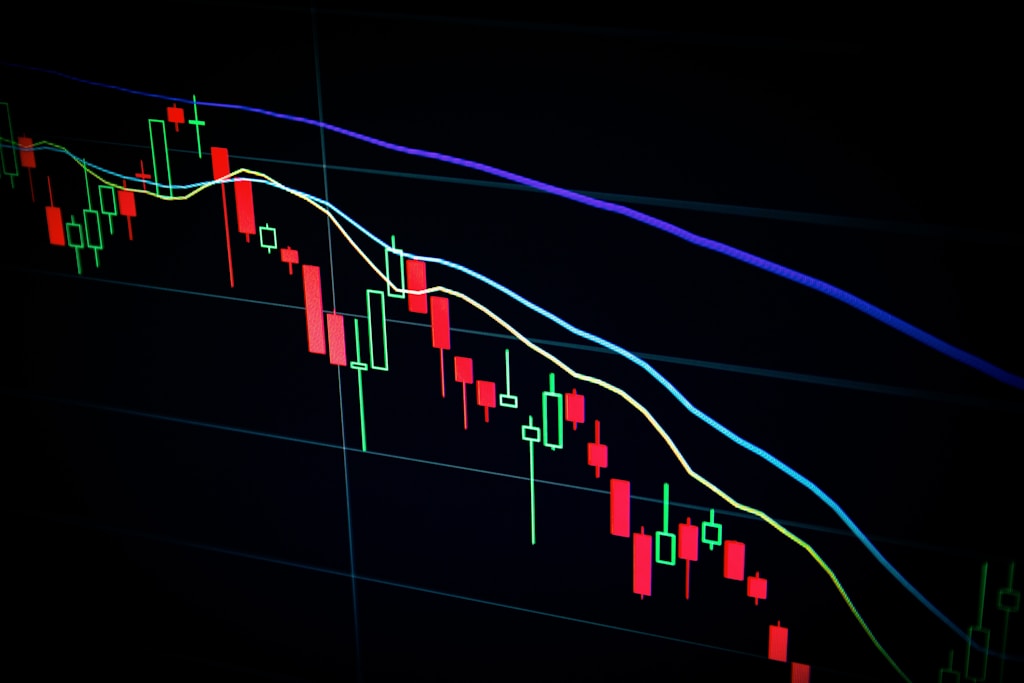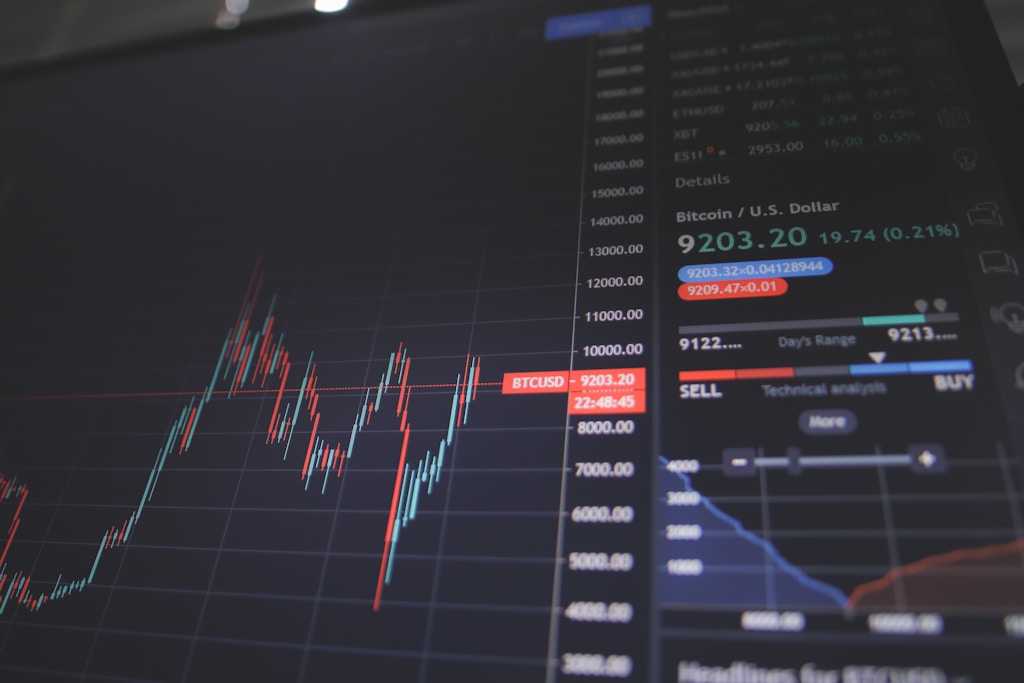Key Takeaways:
- James Wynn opens new 40x leveraged Bitcoin position worth $98M
- Follows recent $100M liquidation event last week
- High-risk trading highlights volatile nature of crypto derivatives
In a bold move that has the crypto trading community buzzing, notorious Hyperliquid trader James Wynn has demonstrated remarkable resilience by opening a massive 40x leveraged long position on Bitcoin, valued at approximately $98 million. This high-stakes play comes just days after suffering a devastating $100 million liquidation event, highlighting the volatile nature of leveraged crypto trading.
As discussed in our recent analysis Bitcoin Price Alert: $97K-$99K Support Zone Could Prevent Major Drop, the current market conditions make such highly leveraged positions particularly risky.
Understanding the High-Stakes Position
Wynn’s new position represents one of the largest individual leverage trades on the Hyperliquid platform this year. The 40x leverage multiplier means that even a small price movement against the position could trigger significant losses.
Risk Analysis and Market Impact
The timing of this massive position coincides with significant market volatility, as Bitcoin tests critical support levels. Market analysts suggest that such large positions can themselves influence market movements, potentially triggering cascading liquidations across the broader market.
Expert Opinions and Market Outlook
Leading crypto analysts have expressed mixed reactions to Wynn’s latest move. While some admire the trader’s conviction, others warn about the systemic risks of such large leveraged positions.
Frequently Asked Questions
- What is leveraged trading in crypto?
Leveraged trading allows traders to open positions larger than their initial capital by borrowing funds. - What are the risks of 40x leverage?
A mere 2.5% move against the position could result in complete liquidation. - How does this affect the broader market?
Large leveraged positions can increase market volatility and influence price movements.
Conclusion
Wynn’s latest high-stakes move represents both the opportunities and dangers inherent in leveraged crypto trading. As the market continues to evolve, such large positions will likely remain a significant factor in price action and market dynamics.

